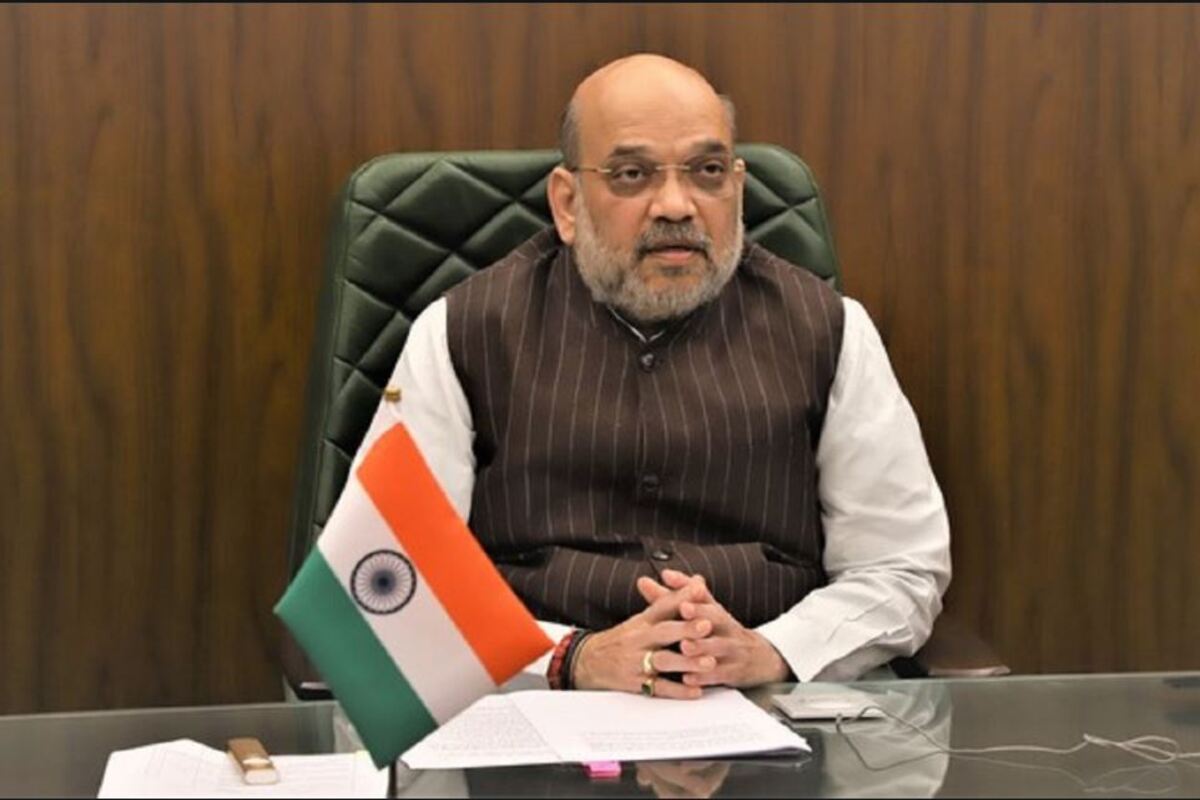


Ahead of the FIFA World Cup final match, Union Home Minister Amit Shah went to the West Bengal government’s ‘Nabanna auditorium. Since it was his first visit to the auditorium, the gates and surrounding area were draped in blue and white, the colours of World Cup champion Argentina’s team jersey. Even the colour of the carpet was not the usual red but blue. It was a coincidence that the visit of the Home Minister for the meeting of the Eastern Zonal Council coincided with the day of the FIFA finale. Rather than the content of the meeting, it was more important to see the gestures shown by the Chief Minister, who is always critical of the Home Minister.
The Rajya Sabha Chairman, Jagdeep Dhankhar, has been very supportive of CPI (M) MP Bikash Ranjan Bhattacharya, who introduced a private member’s bill on the judicial appointment bill. On his very first day as Chairman of the Rajya Sabha, Dhankhar advocated for the National Judicial Appointment Commission bill, which was declared null and void by the Supreme Court. Most of the opposition parties were critical of the intention of the Union Government to reintroduce the system of appointment of judges other than the present collegium system. Though Union Law Minister Kiren Rijiju clarified that the government has no intention to bring the NJAC bill again to the house, the CPI(M) MP has introduced a private member’s bill on judicial appointments, which would nullify the present Collegium system of judicial appointments. The CPI(M) Politburo has not taken any decision on this issue, but to their utter surprise, one of their members has introduced the bill without prior approval from the party. Some opposition party leaders believe that the Chairman of the House may have perhaps supported the move to introduce the bill because a private member’s bill cannot be introduced without his consent.
The opposition parties are yet to form a united front in opposition to the Uniform Civil Code bill, which is scheduled to be debated in the second half of the upcoming budget session of the parliament. Congress, which is the main opposition party, is yet to form an opinion on this issue. The day the bill was introduced, the Congress bench was almost empty, and a lone member of the party opposed it. However, whether he has the support of his party is unknown. The rest of the opposition parties, including the left and TMC, were surprised to see the silence of the Congress on this very issue.